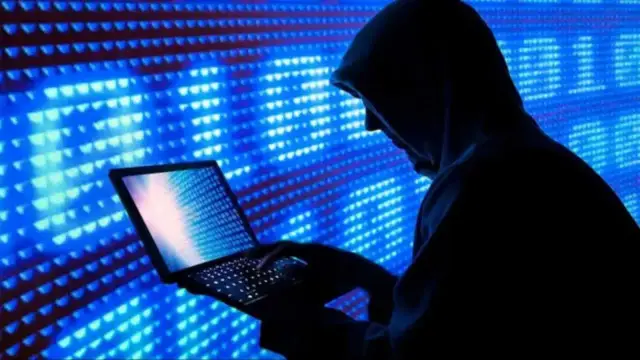Legal immigrants in limbo: How Trump’s policy redefines U.S. citizenship
Washington: President Trump’s executive order restricting birthright citizenship has sparked nationwide legal and constitutional debates. Targeting legal immigrants and visa holders, the policy redefines the Fourteenth Amendment, creating widespread implications for millions, particularly the Indian diaspora.

Washington: President Donald Trump has signed an executive order limiting automatic citizenship for children born in the United States. According to this order, only those who have at least one parent who is either a U.S. citizen or a green card holder will be granted U.S. citizenship. This is a shift from the historical interpretation of the Fourteenth Amendment, which awards citizenship to any person born on U.S. soil.
The policy would affect families who are on temporary visas, including work visas like H-1B and L1, dependent visas like H4, and other visas such as F1, J1, and B1/B2. Children born after February 20 would be impacted unless the courts intervene to stop the order. This order could impact millions of people in the U.S., including more than five million people of Indian origin.
Legal and constitutional debate ensues
The order, titled "Protecting the Meaning and Value of American Citizenship", interprets the phrase “subject to the jurisdiction thereof” in the Fourteenth Amendment to exclude certain groups. Critics, including legal experts and civil rights organizations, argue this interpretation lacks constitutional validity.
The American Civil Liberties Union (ACLU) has filed lawsuits in New Hampshire and Massachusetts, claiming the order undermines fundamental rights. “Every attack on birthright citizenship has its roots in racism,” the ACLU stated, emphasizing the Fourteenth Amendment’s historical context as a post-Civil War guarantee of equal rights.
Implications for the Indian diaspora and legal immigrants
Milan Vaishnav, a scholar of the Indian diaspora, called the move a “dramatic reinterpretation” that could deny citizenship to children of legal immigrants, including those on H-1B visas. “This will affect lakhs of Indian nationals, creating barriers for children awaiting permanent residency,” he noted.
A polarizing move amidst immigration debates
Trump’s decision comes amid broader controversies surrounding immigration policies. Recently, his administration faced backlash over the H-1B program, with far-right supporters opposing legal migration while business leaders like Elon Musk defended it. The order’s impact goes beyond undocumented immigrants, targeting legal pathways to citizenship and sparking concerns about creating a “permanent underclass.”
ACLU warns of severe consequences
The ACLU warns the order could lead to statelessness, denying basic rights like passports, education, and healthcare to affected children. It also highlights the risks of racial profiling, stigma, and bureaucratic confusion.












